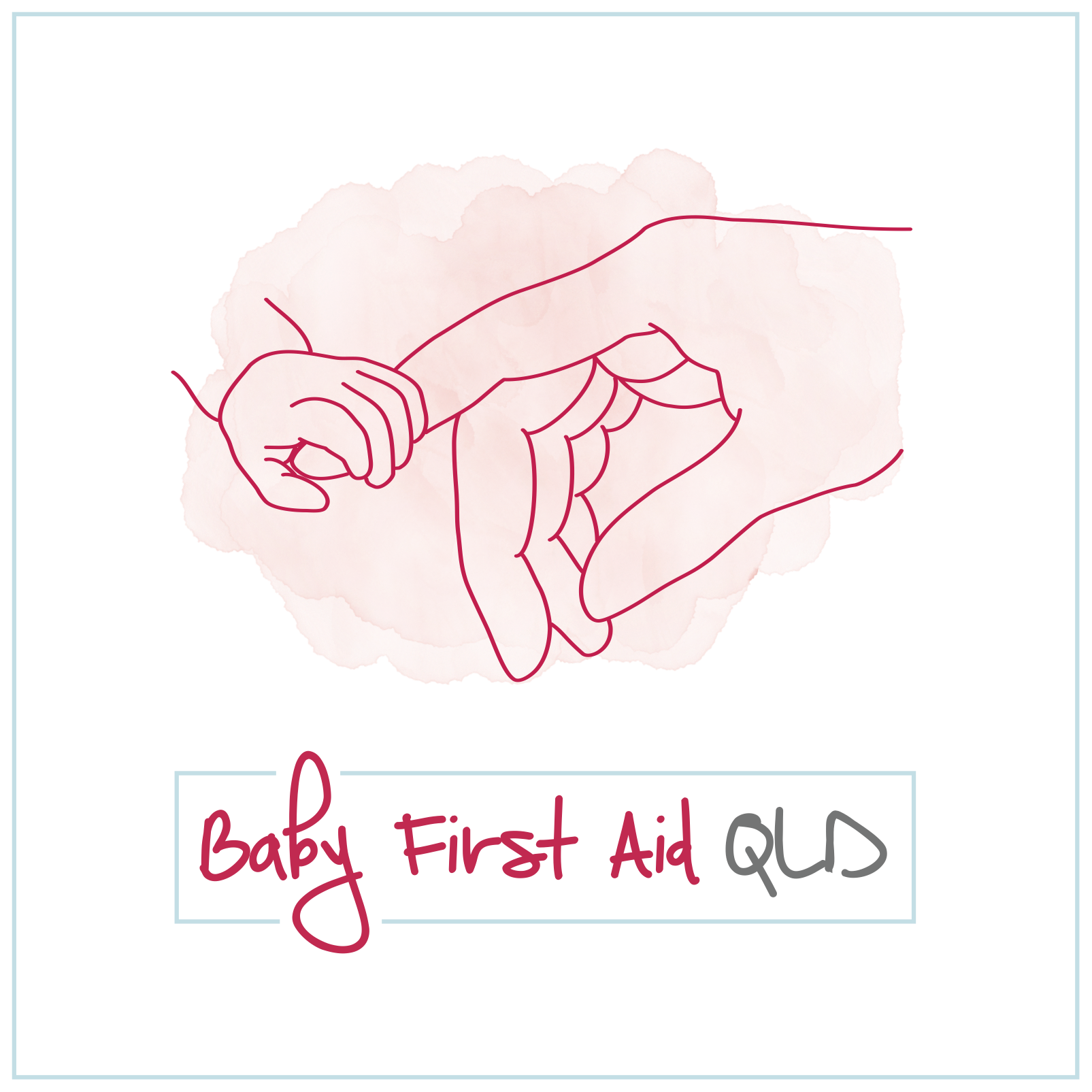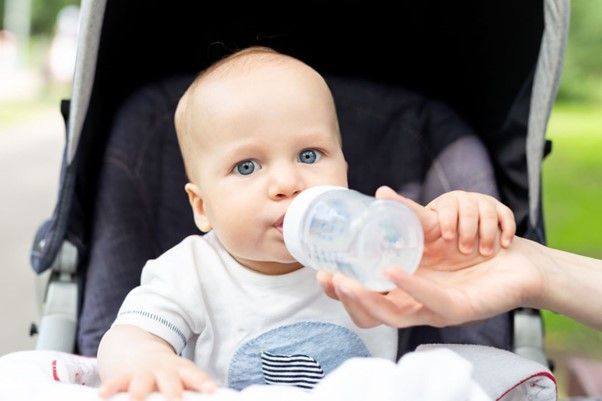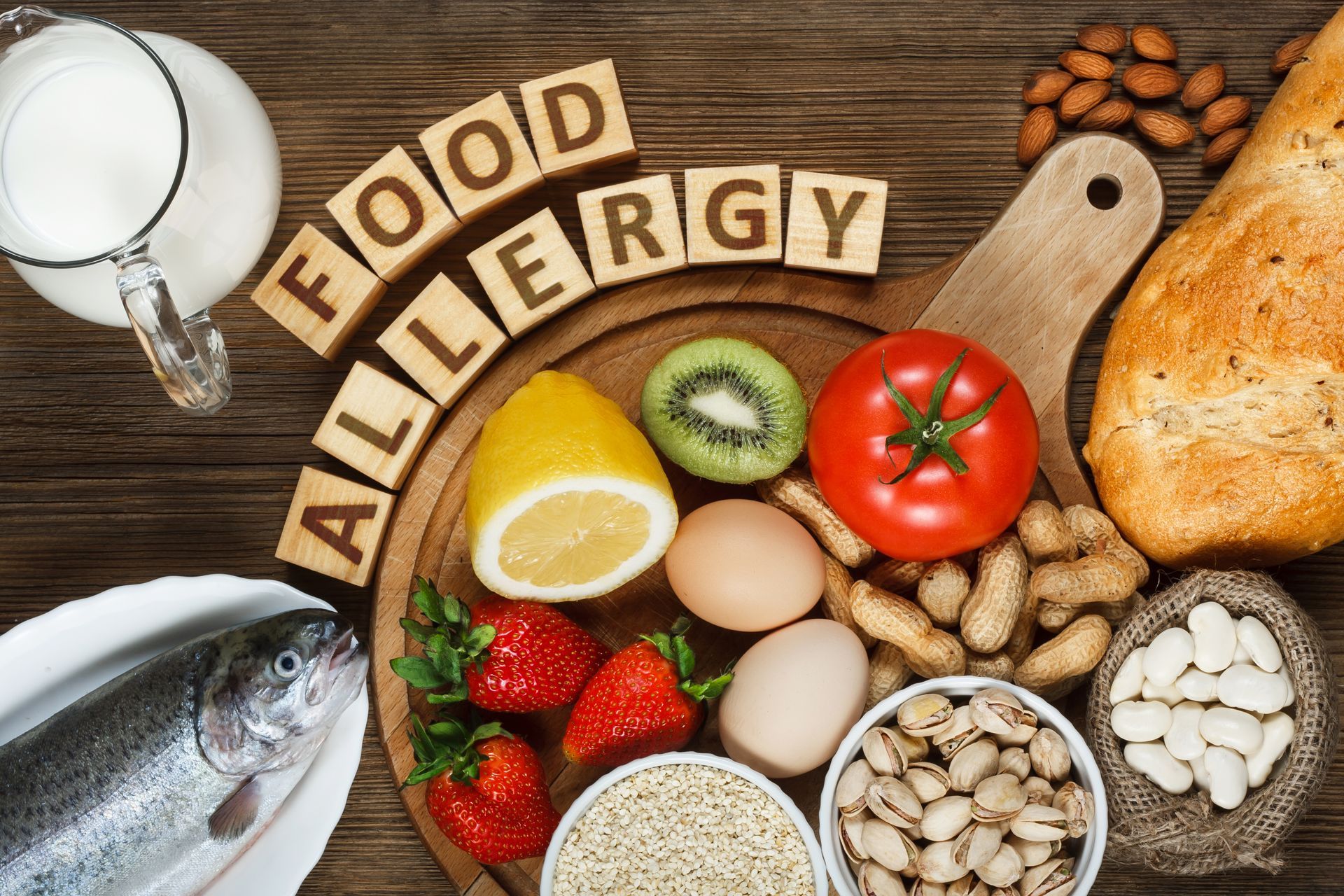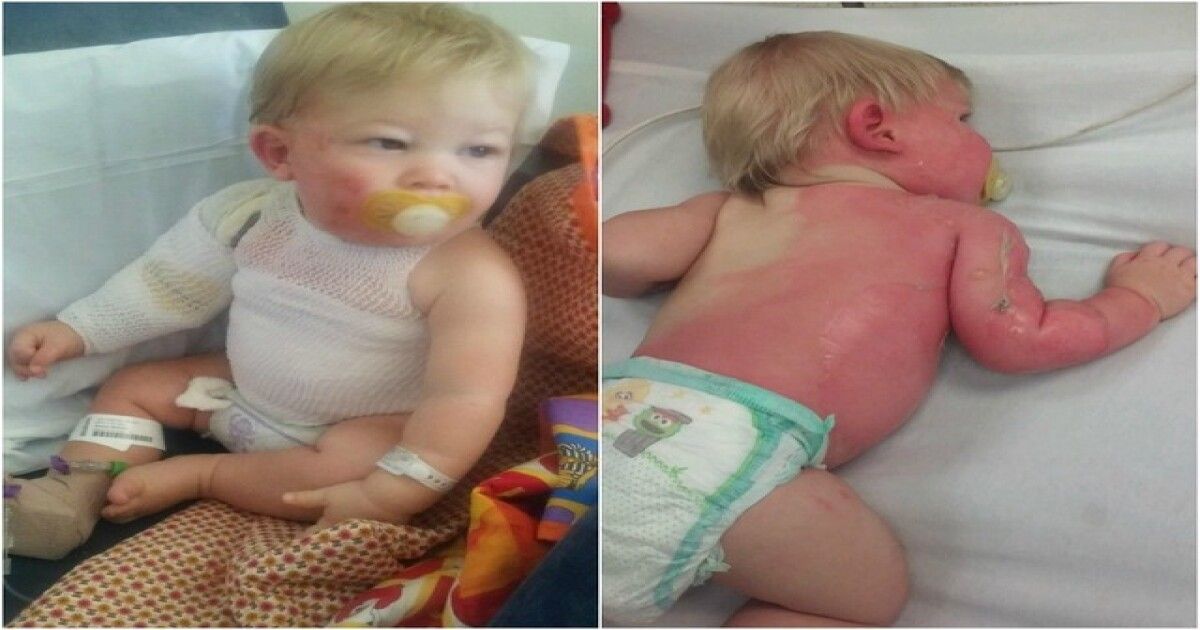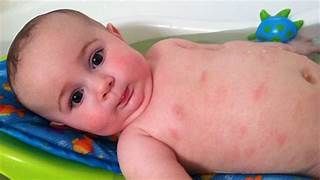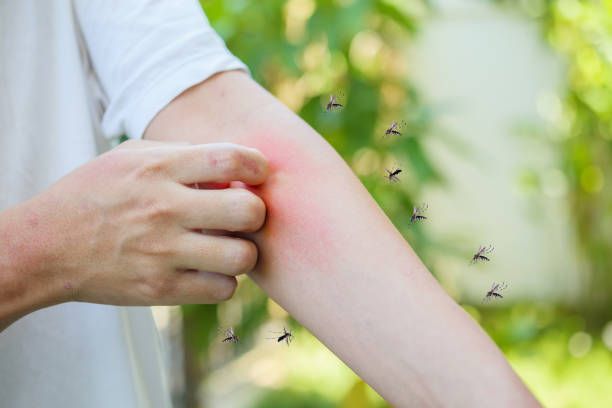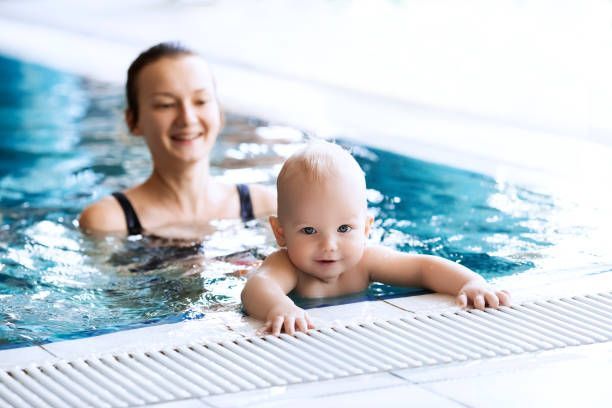Essential Baby First Aid Kit Checklist: Be Prepared for Any Emergency!
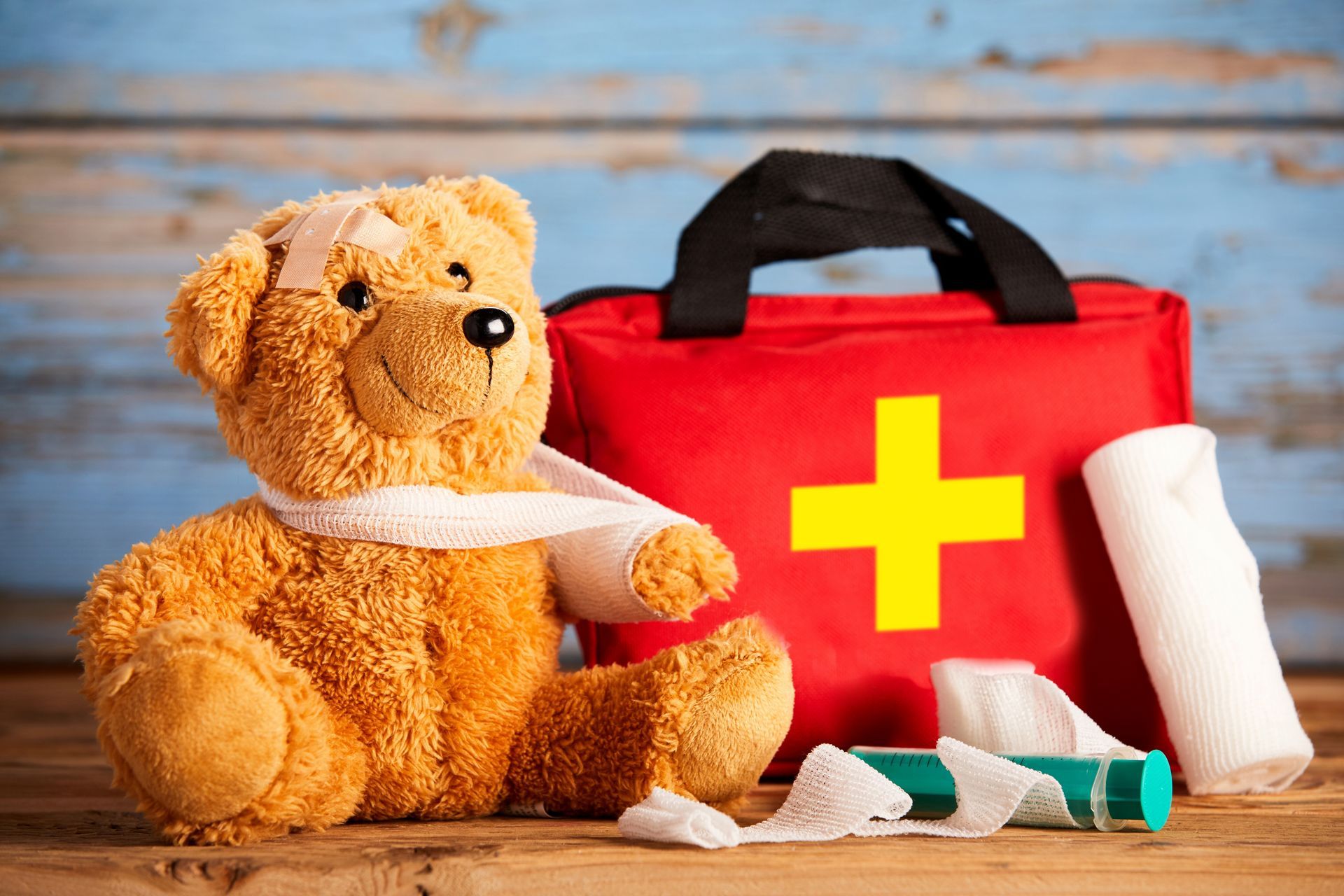
As a parent or caregiver, it's essential to be prepared for emergencies that can occur with your baby. One way to ensure that you're ready for such situations is to have a well-stocked baby first aid kit on hand. Babies can be delicate, and their immune systems are not as resilient as adults. Therefore, it's always better to always have a baby first aid kit with you. Here are the top things that you should include in your baby first aid kit.
Sure, here's the revised paragraph:
1. Thermometer
A thermometer is an essential item in a baby first aid kit. It helps you monitor your baby's temperature when they are sick, and you need to determine if it's necessary to seek medical attention. There are different types of thermometers, but the best one to use for babies is a digital thermometer. It's easy to use, provides accurate readings, and is suitable for both oral and rectal measurements. Having a digital thermometer in your baby first aid kit ensures that you can quickly and accurately assess your baby's temperature. Remember to follow the instructions carefully to get the best results.
2. Saline Nasal Drops
Babies often experience nasal congestion, making it hard for them to breathe. Saline nasal drops help to clear their nasal passages, making breathing easier. You can also use saline nasal drops to moisten your baby's nostrils when the air is dry.
3. Adhesive Bandages
Adhesive bandages, also known as plasters, help to cover and protect small cuts and wounds. It's essential to have a variety of sizes in your baby first aid kit to ensure that you have one suitable for every situation. Adhesive bandages come in different colours and designs, which can help distract your baby from their injury.
4. Antiseptic Solution
Antiseptic solutions such as hydrogen peroxide and alcohol help to clean cuts and wounds, preventing infections. You can also use antiseptic solution to clean your baby's umbilical cord stump. However, it's essential to follow the instructions carefully as some antiseptic solutions can be too harsh for your baby's delicate skin.
5. Gauze and Medical Tape
Gauze and medical tape are essential items in a baby first aid kit as they help to cover and protect larger wounds and cuts. You can also use gauze and medical tape to create a splint or secure a bandage in place.
6. Scissors
Scissors are necessary in a baby first aid kit to cut gauze and medical tape to the correct size. It's crucial to have a pair of scissors that are sharp with rounded tips to prevent accidental injuries.
7. Baby Sunscreen
It's essential to protect your baby's delicate skin from harmful UV rays when they are out in the sun. Baby sunscreen with a high SPF of at least 30 helps to protect your baby's skin. Look for sunscreen that is formulated specifically for babies to prevent skin irritations.
8. Baby Pain Reliever
In case your baby is in pain, it's important to have pain relievers in your first aid kit. However, it's essential to check with your medical professional to see which type of baby pain reliever will be suitable for your baby's age and weight.
9. Disposable Gloves
Disposable gloves are essential in a baby first aid kit as they help to prevent the spread of infections. They are particularly important when administering first aid to your baby or any other person to prevent transmission of infections.
10. Antibiotic Ointment
Antibiotic ointment helps to prevent infection in wounds and cuts. It's essential to have small tubes of antibiotic ointment in your baby first aid kit to quickly treat any injuries.
11. Emergency Contact Information
Having emergency contact information in your baby first aid kit is crucial. It's essential to have your doctor's contact information, hospital information, and any other emergency contacts on hand in case of an emergency.
12. Nasal Aspirator
A nasal aspirator is a tool used to suck out mucus from your baby's nose. It's essential to use a bulb syringe or nasal aspirator to ensure your baby's airway is clear.
Having a baby first aid kit can give you peace of mind when it comes to your baby's health. It's essential to have the necessary items in your kit to deal with any emergency situations quickly and efficiently. Stock your baby first aid kit with items like a thermometer, saline nasal drops, adhesive bandages, and antiseptic solutions. Other important items include digital thermometers, medical tape and gauze, baby sunscreen, pain relievers, disposable gloves, emergency contact information, and nasal aspirators. With these items, you can handle any minor emergency that comes your way. Remember to always consult with your doctor or medical professional if you have any concerns or questions about your baby's health.

Baby First Aid QLD is a business for good that is on a mission to ensure all parents and carers have access to quality skills in first aid to apply if their child is sick, injured or in an emergency situation.
We provide our courses across Queensland, so would respectfully like to acknowledge the traditional owners of our land, past, present and emerging. We are committed to learning and understanding the truth of our First Nations people and sharing this truth. We would like to acknowledge the traditional owners of the land that we work, play and care for our families on.
Baby First Aid QLD would also like to extend our respect to the LBGTQIA+ community and show our commitment to being an inclusive enterprise. We stand by strong principles and take pride in living by these.
The creation of this website was made possible through grant funding from the Queensland Government via the Social Enterprise Grant from the Department of Education, Small Business and Training (DESBT).
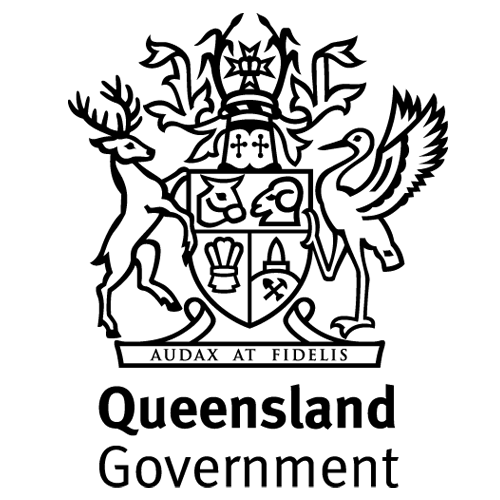
Website Disclaimer
The information provided by Baby First Aid Qld is for general informational purposes only. All information on the Site is provided in good faith, however we make no representation or warranty of any kind, express or implied, regarding the accuracy, adequacy, validity, reliability, availability or completeness of any information on the Site. Under no circumstance shall we have any liability to you for any loss or damage of any kind incurred as a result of the use of the Site or reliance on any information provided on the Site. Your use of the Site and your reliance on any information on the Site is solely at your own risk.
